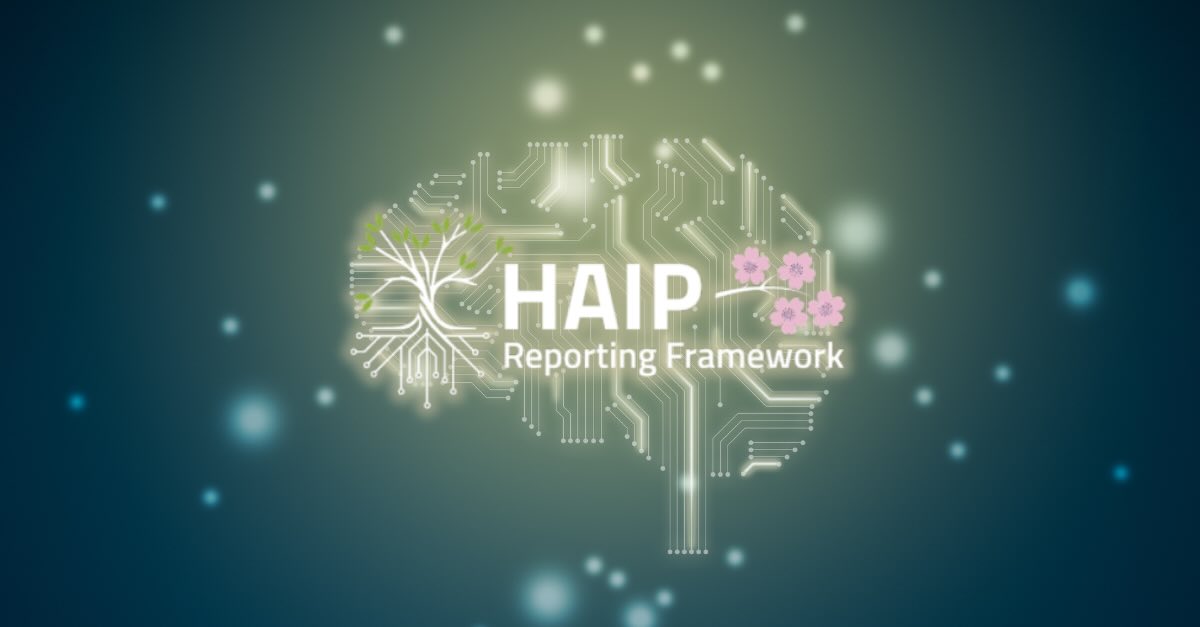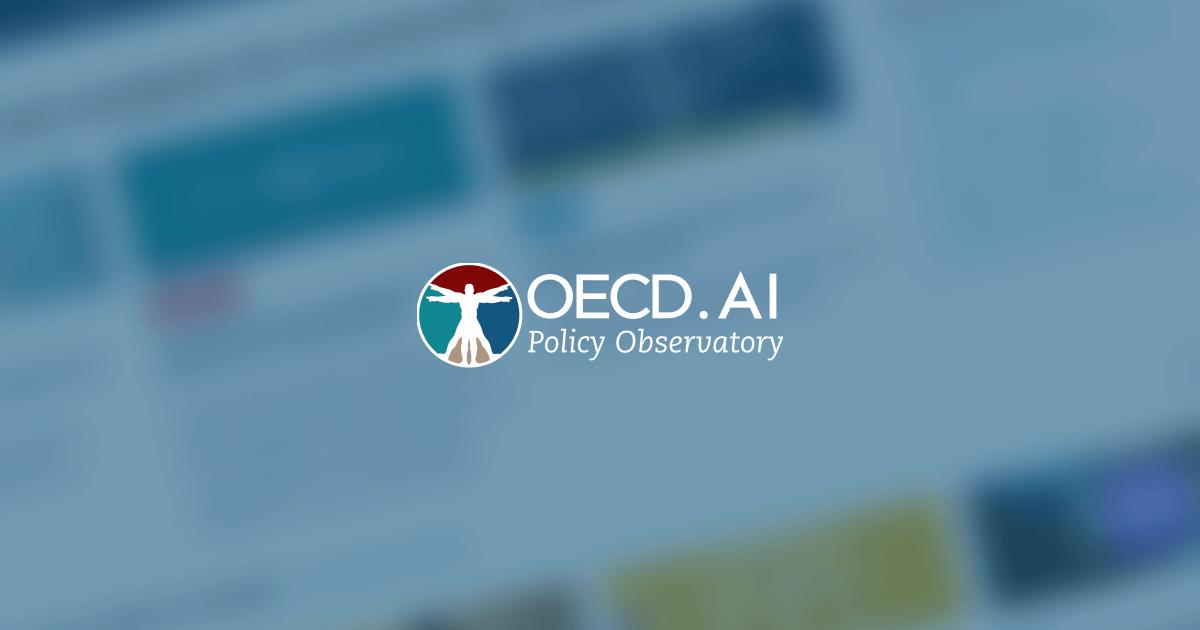Background
Studyportals is a platform that centralises information about study programmes taught in English around the world. It has over 40 million visitors annually from 240 countries worldwide and over 207 000 programmes from over 3 750 universities in 120 countries. The Studyportals database feeds from universities’ websites and from data reported by universities.
Identifying AI courses
Studyportals employs different criteria to classify study programmes. These include the institution or organisation; the country; the discipline (e.g. business and management, engineering and technology, etc.) and sub-discipline (e.g. business administration, aerospace engineering, etc.); the educational level (e.g. Bachelor, Master, PhD, etc.); the degree type (e.g. certificate, associate degree, bachelor of science, master of laws, postgraduate diploma, etc.); the programme’s target population (e.g. local, national, international or European students) as well as its duration and cost.
For the purpose of OECD.AI visualisations, all courses belonging to the artificial intelligence, machine learning, and/or data science sub-disciplines are considered to be AI courses. All AI courses belong to the Computer Science and IT discipline by default. Disciplines and sub-disciplines are not mutually exclusive: the same AI course could belong to more than one discipline and/or more than one sub-discipline.
Measuring AI education offering
The AI education offering for a given country is made up of all English-taught AI courses offered by institutions from that country and captured by Studyportals.
Measuring interest in AI education
Interest in AI education is proxied by the number of page views that an AI course receives on Studyportals. Page views for all AI courses in a given country are aggregated as a measure of the general interest of Studyportals visitors in that country’s AI educational offering. For example, a 10% interest for France would mean that AI courses offered by French institutions receive 10% of the total page views for Studyportals’ collection of AI courses.
Dealing with the time dimension
Study programmes may be active for one or more years. In most cases, study programmes stay active throughout the years.
A study programme is considered to be active if it receives one or more page views on Studyportals in a given year. Most properties of a study programme are constant in time, with the notable exception of “delivery method” (e.g. online only, campus only, hybrid, etc.). Therefore, “delivery method” indicates the way in which the programme is delivered at the time of the latest data update.
Accounting for online platforms
Studyportals includes data on online courses offered by large online platforms, such as EdX, Coursera and Udacity. Note that courses offered by these online platforms and assigned to them by Studyportals may be provided by other institutions or organisations.
An “Exclude online platforms” checkbox has been enabled on OECD.AI to allow for fairer cross-country comparisons, given that courses offered by these platforms are assigned to the country where the platform is headquartered.
Limitations of the data
Although Studyportals is the source of data on AI education with the widest coverage among all those identified and consulted, its coverage is limited by the fact that it only collects data from courses taught in English. As such, the number and proportion of AI courses taught in countries where the national language is not English may be underestimated. This is expected to be the case in particular for courses at the bachelor level, which are often taught in the country’s native language (as opposed to graduate courses that often target more international audiences).
Given Studyportals scope, countries whose educational offer targets mostly local students – such as India – may be underrepresented. Additionally, educational organisations and institutions may opt out from having some of their programmes listed on Studyportals, which may result in the underrepresentation of a few universities with strong research and academic records. See Righi et al. (2020) for a more thorough review of Studyportals data.
Data updates
The AI education visualisations on OECD.AI that use data from Studyportals are updated quarterly.

























